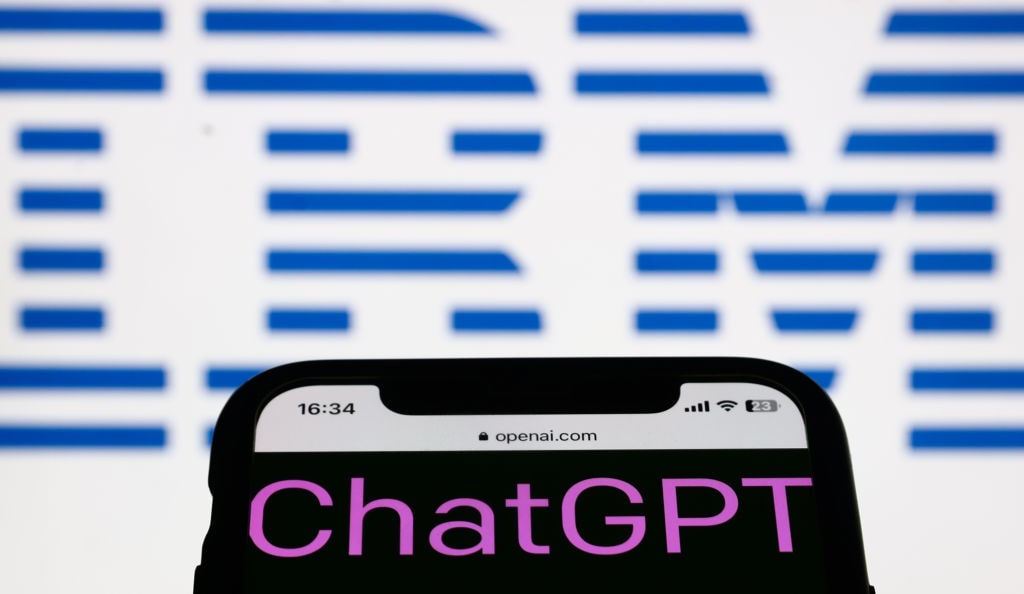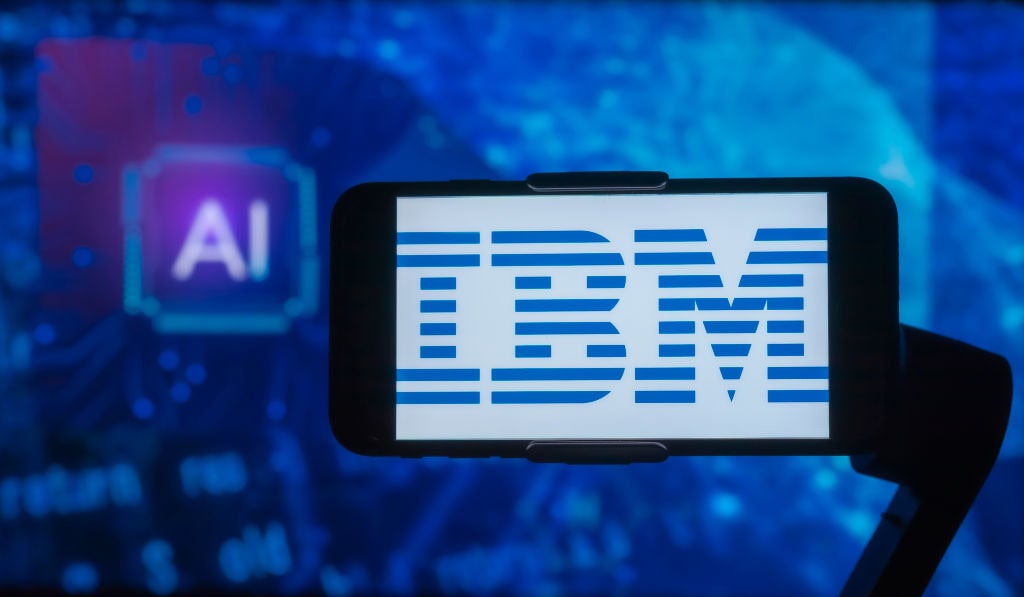Is artificial intelligence coming for your livelihood? In the wake of Chat GPT, GPT-4, Midjourney, and the wide range of other developments in the field, there is fresh anxiety and consternation surrounding the much-anticipated arrival of the AI revolution. Indeed, the acceleration in AI technology has been compelling. But while the advancements have been remarkable to watch and utilize, the latest announcements that human workers will be replaced with artificial intelligence has many folks, including the “learn to code” crowd, on edge. Are robots about to hand out pink slips to employees?
Artificial Intelligence at IBM
IBM recently became the first major company to acknowledge that it intends to substitute its workforce with artificial intelligence. CEO Arvind Krishna confirmed to Bloomberg that IBM will pause hiring plans, adding that the company intends to replace roughly 7,800 positions with AI systems over the next five years. In a separate Fox Business interview, Krishna explained that AI will target numerous white-collar jobs. Krishna noted that back-office functions, particularly in the human resources department, will be the first to be absorbed by AI. But accounting, finance, and other non-customer-facing areas might find algorithms and robots filling positions, too.
This comes months after IBM confirmed that it would slash 3,900 jobs as part of cost-cutting measures and automation efforts.
Dropbox announced around the same time as IBM that it would be laying off about 500 workers, representing approximately 16% of its workforce. In addition to a sluggish economic landscape, Dropbox stated that this would allow the tech firm to establish its AI infrastructure. “In an ideal world, we’d simply shift people from one team to another. And we’ve done that wherever possible,” Dropbox CEO Drew Houston told staff in a memo. “However, our next stage of growth requires a different mix of skill sets, particularly in AI and early-stage product development. We’ve been bringing in great talent in these areas over the last couple of years and we’ll need even more.”
What Does This Mean for the Economy?
At first glance, it would appear that AI could replace essentially any job that involves a computer. Goldman Sachs projected in a March report that an estimated 300 million jobs worldwide could be impacted by AI, leaving these positions vulnerable to replacement or reduction. Geoffrey Hinton, known as “the godfather of AI,” recently made international headlines for leaving Google so he could inform the world that danger is ahead because of the acceleration of AI. Indeed, much like how refrigerators made the ice man extinct, experts argue that AI could make countless jobs obsolete, such as social media managers, translators, paralegal, financial analysts, and administrative assistants.
 Many Americans agree with the doom-and-gloom prognostications. An April Pew Research Center study revealed that 62% “think the use of AI in the workplace will have a major impact on workers generally over the next 20 years.”
Many Americans agree with the doom-and-gloom prognostications. An April Pew Research Center study revealed that 62% “think the use of AI in the workplace will have a major impact on workers generally over the next 20 years.”
But not everyone is pessimistic about the future. Instead of eliminating jobs, Krishna and other industry observers contend that AI will serve as a complement to the workforce, be it in customer service or business processes. In other words, there will be a net gain as the marketplace transitions to new types of employment opportunities akin to how the dawn of the internet in the 1990s and early 2000s resulted in a new generation of web designers, online marketers, and digital content creators.
Economics conveys to us two ideas on this subject. The first is the lump of labor fallacy, which is the concept that there is a fixed number of jobs and amount of work in the economy. The second is that technology breeds new employment opportunities or fills shortages in other sectors of the economy.

(Photo by Jakub Porzycki/NurPhoto via Getty Images)
In January 2022, The Economist published a decent article, writing that “the gloomy narrative, which says that an invasion of job-killing robots is just around the corner, has for decades had an extraordinary hold on the popular imagination.” For years, there has been an expectation that the T-5000 is coming for a job near you. But this has not been the case since the dawn of electricity, the creation of the automobile, or the installation of the refrigerator. Instead, humans find ways to adapt, innovate, and thrive.
Will AI Kill the Human Spirit?
Over the last century, pop culture, be it novels or motion pictures, has informed us that citizens will be confined to abject poverty while greedy corporations will use robots to become even wealthier. But can an economy be run entirely on AI and robots without human intervention and ingenuity? Hardly. What history has shown is that economies and businesses have been bolstered by technology because they are more productive and efficient. Tech innovation has also lowered inflationary pressures, bolstered industrial capacity, and stimulated demand. The conversation is comparable to candlemakers lamenting about light bulbs.
In reality, the chief concern is the political bias that AI possesses and how it will impact societal and cultural norms as it becomes ever more dominant. With Chat GPT showering President Joe Biden with praise while refusing to utter kind words about former President Donald Trump, it seems that it is the ideological revolution rather than the innovation one that should have Americans concerned.




